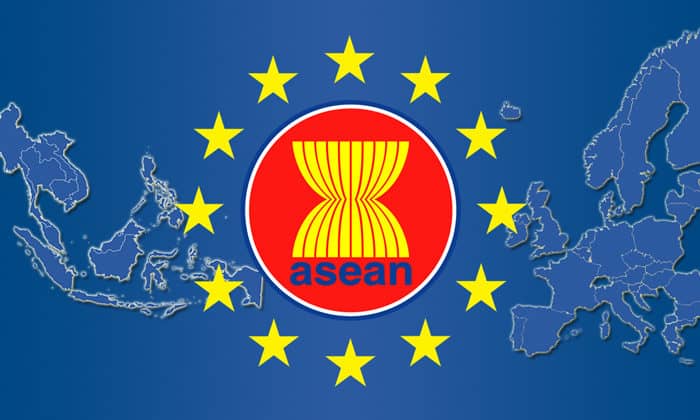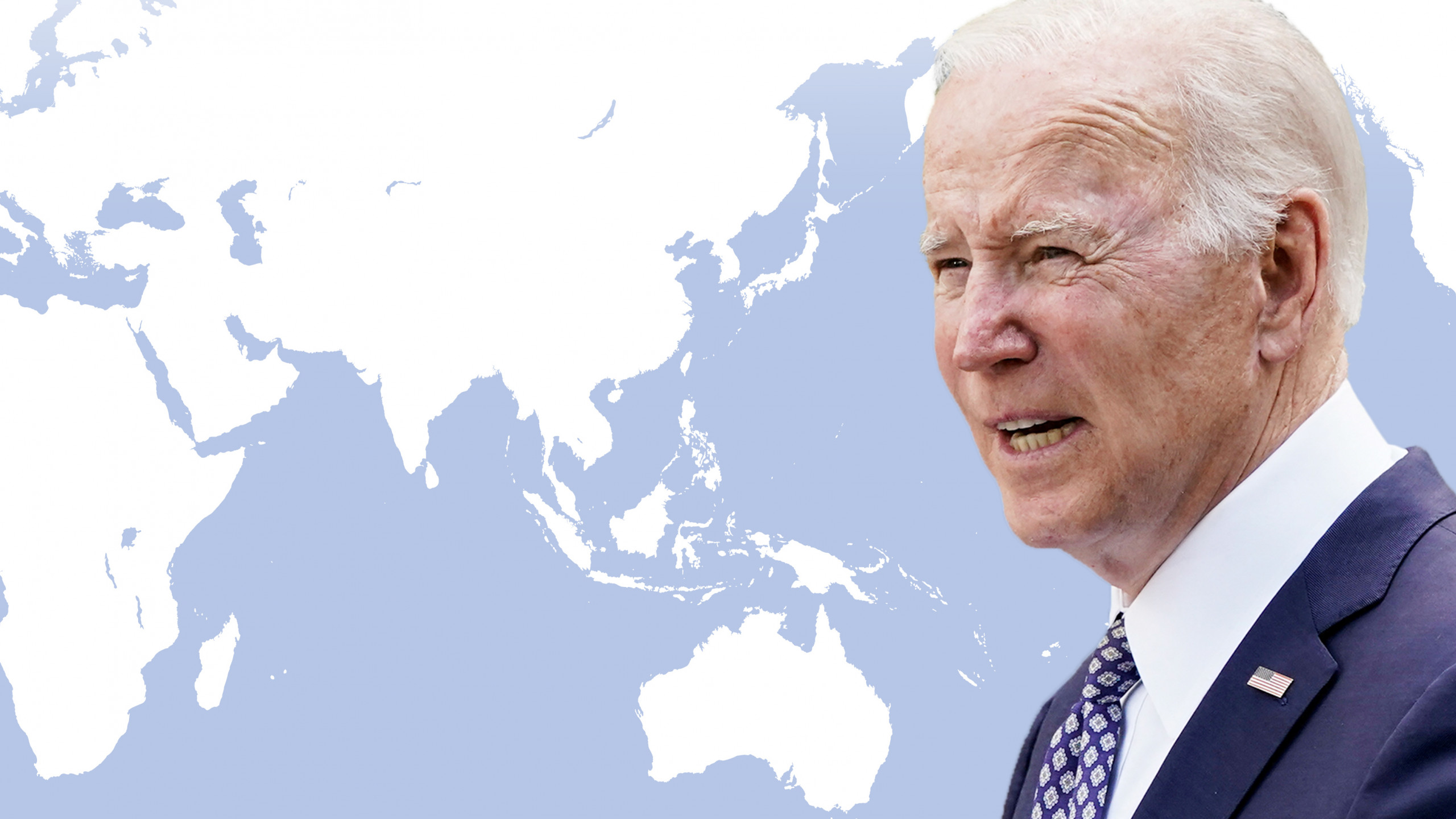Europe and Southeast Asia are strengthening their strategic partnership in the field of security, extending their cooperation to non-traditional issues
Both European Union and ASEAN are aware that the stability of a member State is closely interconnected to what other countries do; therefore, they have decided to recognize the creation of a common security ecosystem as a fundamental principal of their partnership. The cooperation between the two organizations in this field has strong traditions and it’s demonstrated, among other things, by the regular involvement of the EU High Representative for foreign affairs and security policy in the ministerial meetings of the ASEAN Regional Forum (ARF). Over the years, European officials have both contributed to the implementation of the ARF’s plans and they have co-chaired some initiatives of this Regional Forum. In addition, since 2014, ASEAN has been taking part, represented by its high officials, in orientation courses on the common defense of the European Union.
In recent years, these two organizations have extended their shared security objectives to non-traditional issues, including the war against terrorism, the fight against transnational crime, social crisis management, conflict prevention, maritime security and the management of hazards from chemical, biological, radiological and nuclear materials. This new kind of political cooperation culminated with the drafting of an ASEAN-EU Plan of Action (2018-2022) during the 22nd EU-ASEAN Ministerial Meeting. In this occasion the two organizations decided to improve their relationship to an official strategic partnership. The decision was later confirmed on December 1, 2020, when the two organizations officially became strategic partners.
Maritime security is arguably the most important issue on which EU and ASEAN are currently cooperating. In 2020, the maritime security became one of the priority areas of intervention since all the major economies of ASEAN face the South China Sea, which is fundamental for international trade. As a result, every problem that occurs in that area immediately affects the economy of the countries involved and threatens the peaceful equilibrium of the region. The EU, as one of ASEAN’s most important trading partners, is also interested in the peaceful resolution of territorial conflicts in the area. On the practical side, the two organizations have created a permanent EU-ASEAN Committee on issues such as piracy, port security and joint resource management. The goal of the cooperation is to avoid conflicts for the dominion of the seas and above all promote respect for the "Law of the Sea".
Terrorism is one of the main challenges that both European and ASEAN countries are facing. The latter experienced terrorism brutality for the first time in 2002 due to the terroristic attacks in Bali and Denpasar carried out by the terrorist organization Jemaah Islamiyah. The massacre prompted the ASEAN Secretariat to draw up a Joint Declaration on Cooperation to Combat Terrorism. This is a declaration of intent stressing the conviction that terrorism must be fought jointly and internationally. Following this declaration, the fight against terrorism has become one the main issues discussed at each EU-ASEAN joint meeting. Moreover, the latest ASEAN-EU Plan of Action introduced meetings between counter-terrorism experts from both delegations. In addition, Indonesia, the Philippines, Malaysia and Thailand are benefiting from the implementation of ad hoc measures through the EU Project for the Prevention and Combating of Violent Extremism.
Currently the European Union and ASEAN are working together not only as organizations, but also bilaterally between individual member States. Another important milestone in the field of common security was reached through an agreement between the EU and Vietnam. In fact, Vietnam has signed a memorandum of understanding to take part in civilian and military operations, deployed from the Indian Ocean to East Africa, carried out by the European Union. The arrangement is the first of its kind between Brussels and a single ASEAN country: moreover, it shows the will of Vietnam and the European Union to maintain peace and security within their borders and worldwide.
By Carola Frattini






